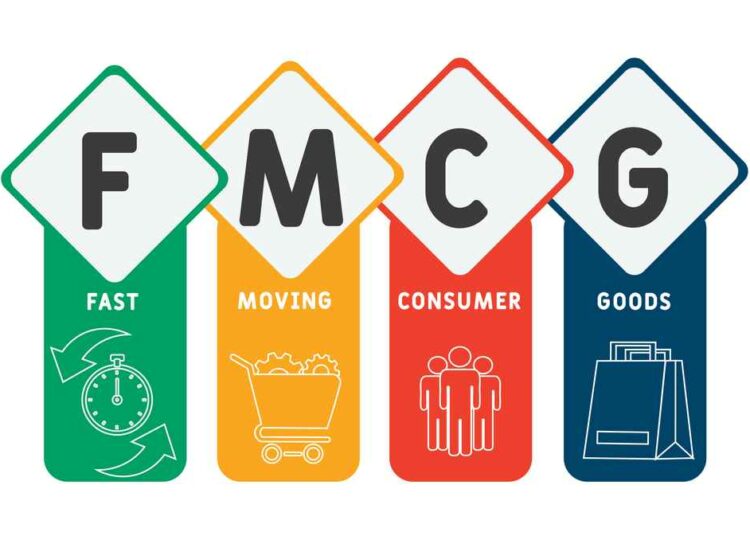Unless urgent actions are taken to stem the tide, Nigeria’s economy may be headed for a major downturn, following the massive losses suffered by the country’s fast moving consumer goods (FMCG) sector in the first half of 2024, analysts at Kreston Pedabo have said.
The FMCG reported a staggering combined loss before tax of N818.3 billion for the first half of 2024.
This figure marks a dramatic 233 per cent increase from the previous year’s losses, signalling potential economic downturns for Nigeria.
Major companies including Nestlé Nigeria, Dangote Sugar, and Guinness Nigeria have all been severely impacted by soaring operational costs, exacerbated by recent government policies like the full deregulation of the petroleum industry and fluctuating foreign exchange rates.
These challenges have led to reduced profit margins and could threaten over 50,000 jobs, affecting millions of Nigerians reliant on the sector for their livelihoods.
Speaking on the impact of this on the economy, a partner at Kreston Pedabo, Kehinde Folorunsho raised concerns regarding the situation.
According to him, the FMCG sector is a vital and dynamic market in Africa, providing essential goods such as food, beverages, personal care items, household goods, and toiletries. Its significance extends beyond meeting everyday needs, as a decline in this sector could have far-reaching consequences for Nigeria’s economy.
Folorunsho emphasises that without immediate policy reforms and government support, the ripple effects could dampen consumer spending, investor confidence, and overall economic growth.
While some FMCG companies are adopting cost optimization strategies, the outlook remains cautious as inflation and high operating costs persist, necessitating urgent action from both the industry and the government to stabilise the sector and protect the economy.
Folorunsho, a fellow of both the Institute of Chartered Accountants of Nigeria (ICAN) and the Chartered Institute of Taxation of Nigeria (CITN), attributed these losses to rising operational costs driven by recent government policies, including the full deregulation of the petroleum industry and foreign exchange rate harmonisation.
“Recent government policies, including the full deregulation of the petroleum industry and harmonisation of foreign exchange rates, have significantly increased production costs and reduced profit margins for businesses in Nigeria, particularly in the FMCG sector. As a result, the half-year financial statements of major FMCG entities have reported a combined loss before tax of N818.3 billion, primarily due to these policies,” he noted.
He warned that if this trend continues, it could lead to significant job losses, affecting over 50,000 employees, and increase poverty levels among the 200 million Nigerians reliant on the sector.
“If this trend continues until the end of the financial year 2024, it may lead to downsizing and massive job losses in the sector, which may potentially affect over 50,000 employees, increased poverty levels, with an estimated 200 million Nigerians relying on the sector for livelihood, and reduced government revenue, which may impact essential services and infrastructure development.”
Despite these challenges, Folorunsho expressed cautious optimism for a recovery in the latter half of 2024, driven by cost optimization strategies and the commencement of operations at the Dangote refinery. However, he urged the government to implement policies stabilising foreign exchange rates and reducing lending rates to support the struggling FMCG sector.
“FMCG Companies have been implementing aggressive cost optimization strategies, debt restructuring campaigns, and capacity expansion initiatives, which are expected to yield benefits in the second half. “I also think that the sector’s resilience and adaptability, enhanced during previous economic downturns, will help Companies in this sector to navigate the challenging operating environment. “The commencement of production at the Dangote refinery which is expected to lead to increased PMS supplies and the slight improvements in electricity supply, are also positive developments to watch out for in the second half of the year.”
Folorunsho however, said that lingering challenges, such as high operating costs, foreign exchange volatility, and intense competition, will continue to exert pressure on the FMCG sector. “The recent 55-60 per cent increase in PMS pump prices will likely further reduce consumer spending and purchasing power, and as such negatively impacting demand for FMCG products. Diesel prices, a significant component of operating costs, are expected to remain elevated, thus further straining profit margins.
To relieve these challenges, he said FMCG companies may explore innovative pricing strategies, product offerings, and distribution channels to maintain market share and drive growth. Collaborations and partnerships within the industry could also become more prevalent, hence enabling Companies to share resources, expertise, and risk.
“To address the challenges facing the FMCG sector in Nigeria, I would recommend a multi-faceted approach. Firstly, the government should implement policies to stabilise foreign exchange rates, such as introducing a foreign exchange stabilisation fund, to cushion the impact of currency fluctuations on import costs. “Secondly, measures should be taken to increase access to affordable credit for FMCG businesses, such as reducing lending rates, increasing loan tenors, and providing sector-specific lending programs.
“Furthermore, investing in critical infrastructure, including roads, ports, and logistics facilities, would enhance the sector’s competitiveness and reduce costs. Tax incentives and subsidies could also be offered to encourage local manufacturing and reduce reliance on imports.
Finally, streamlining regulatory processes and reducing bureaucratic hurdles would help create a more conducive business environment. This will enable FMCG Companies to operate efficiently and effectively, the chartered accountant said.











